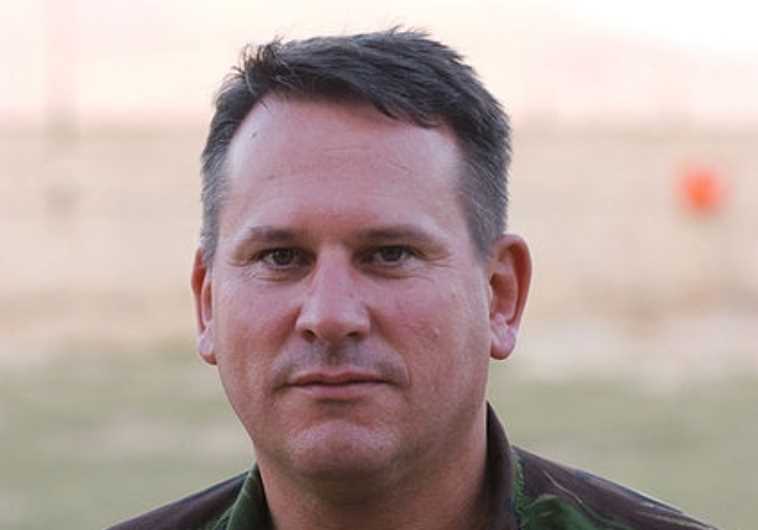Col. Kemp: International community ignoring Hezbollah threat to Israel
Former British commander with Friends of Israel Initiative says UK should consider preventing return of citizens who joined Islamic State.
 (photo credit: Wikimedia Commons)Updated:
(photo credit: Wikimedia Commons)Updated: